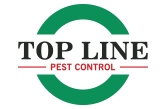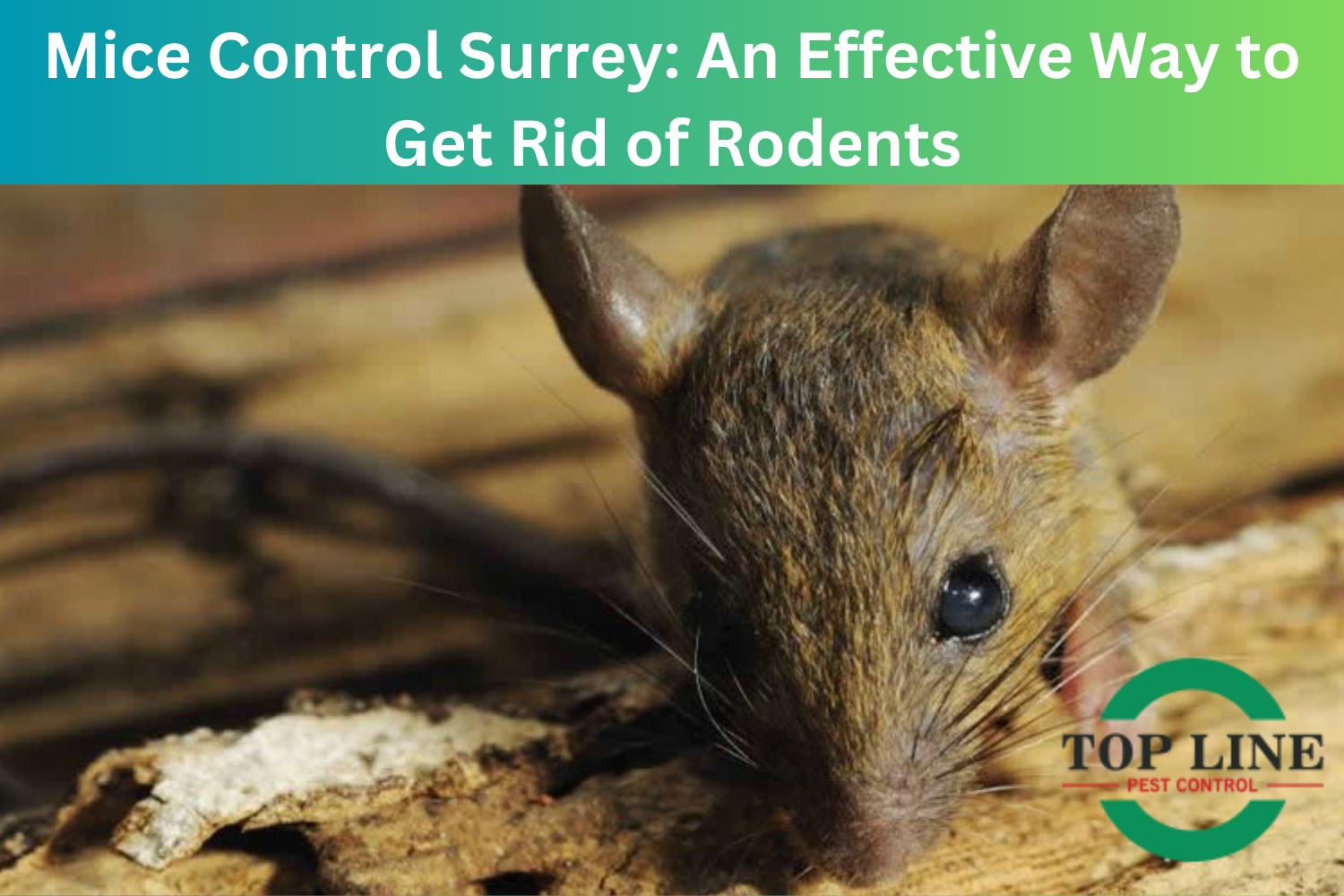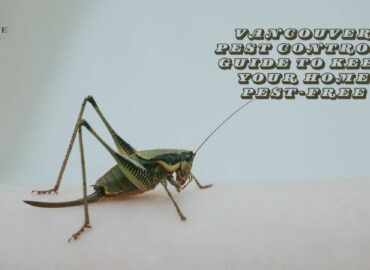You may have seen mouse droppings on the kitchen counters, or even droppings along the dining room skirting board and down the side of the refrigerator. This is an alarming signal of mice infestation. A number of illnesses can spread through mice feces and urine.
These include salmonellosis. With Mice Control, Surrey successfully gets rid of these rodents. The main goal of a mice control in surrey is to implement effective control strategies in specific circumstances. Keep reading to learn more.
Mice Control In Surrey – Infestation and Complications of Mice at Home
Getting rid of a mouse infestation as soon as possible is necessary. Following are some infestation indications of mice at home:
- As a result of mice’s constant chewing, insulation, pipes, doors, and floorboards may become damaged.
- They also shred soft materials to use as nesting materials.
- Contaminate foodstuff within their urine and feces. This can spread diseases like the Hantavirus and Salmonellosis.
- Their propensity to gnaw and chew on objects to control their incisors can mean they are attracted to wood and electrical wiring, leading to fire risks.
- They can also cause damage as they gnaw to squeeze through gaps.
Look for common signs in mice to identify a problem early and enable quick and effective treatment.
Getting Rid of Mice in Your Home
In addition to posing real health risks, a mouse infestation in your home can put your family through real stress and fear. You will unlikely know exactly what to do if you’ve never had mice.
Monitoring is a crucial component of any rodent program. Typically, it refers to keeping an eye out for rodents. However, it should also entail identifying environmental elements that might tempt rodents to move there.
The monitoring process should be formal and scheduled; specialized staff should be assigned to it and be required to report on the situation regularly, perhaps once per week, to a superior.
Take Preventive Measures
As with other pests and diseases, the adage “Prevention is better than Cure” also holds for rodents. Therefore, the main goal of any rodent control campaign should be to create environmental conditions that will deter or prevent the rodents from returning to a location.
- Sanitation
Rats and mice need food and a place to live. Therefore, reducing the availability of these two crucial factors is crucial, which should be at the heart of developing any strategy. The most effective way to prevent rodent infestations in buildings is to improve the hygiene and sanitation of the area. This primarily entails sweeping the shop and maintaining cleanliness inside and outside.
- Proofing
Limiting rats’ access to food is necessary because it is impractical to remove all food from homes and stores. Buildings can be made rat-proof, or food can be stored in rat-proof containers to achieve this.
- Natural Prevention
Rats and mice are typically not kept at economic population levels by predation. Cat ownership is one exception. Cats do not directly control rats and mice because they are fed on them. They are the ones who deter the majority of rats and mice.
Summing Up
Effective mouse control in Surrey is necessary to maintain a rodent-free and sanitary environment. Mice can be reduced, and your home or business can be protected by implementing a comprehensive strategy that includes sealing entry points, placing traps, and maintaining good hygiene.
For quick, efficient, and environmentally friendly mouse control solutions in Surrey, contact Top Line Pest Control today. Call us immediately or visit our website to schedule your inspection to protect your house, family, and peace of mind.




